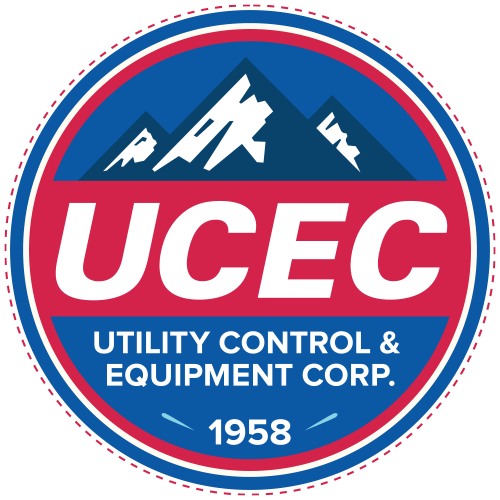Killing Complacency
By Evan Coulter
I’ve been thinking about strong companies this week, and the habits that produce excellent results. Often, these “habits” are actually conscious choices that the company and its leaders choose to implement or uphold as valuable.
Evan Coulter
Complacency (defined as “self-satisfaction especially when accompanied by unawareness of actual dangers or deficiencies”) is the opposite of the values that I uphold. But even with the strongest of companies, sometimes complacency can slowly set in. At UCEC, we’re not immune to complacency creep. You might have read Mark Inboden’s recent post about a mistake we made with a customer’s order.
I think complacency can crop up when “doing things like we’ve always done” becomes habit. Asking questions or double-checking documentation becomes a thing of the past. The problem with this approach is that when things do change—directions, details, specs—the complacent worker doesn’t catch it. It’s a form of auto-pilot and it’s deadly for any company.
So, how can we battle complacency? I’ve put together a quick list that has helped (and will continue to help) UCEC. Maybe one or two will ring true for your job or business.
Three Ways to Avoid Complacency
1. Always Be Open to New Ideas, No Matter Where They Come From
One of my favorite tools is to talk with the newest and greenest guy on the shop floor about how the job is going. These guys usually ask me the best questions, such as “Why do we do this a certain way?”
If my answer is, “Well, that’s the way we’ve always done it,” then I am being complacent. I like it when the new employees stump me because that means there is a new way of looking at an old problem. Perhaps the way we are doing something is the best way, but I’d better be open to listening to suggestions.
2. Make Sure to Build in Checks and Balances
Encourage ownership in projects. It might be as simple as a sheet of paper that someone signs off on before they move the project to the next owner. It could be weekly status meetings or project management software. Whatever you choose, make sure everyone understands the new system. It’s possible to ward off complacency with better organization.
3. Involve Customers in the Process
We enjoy having customers stop in to check the progress of our panels. I’ve found that these casual visits really deepen the relationships our shop team members have with the customer and the panels that are being built. There’s something about having customers involved that sets the stage for increased pride and dedication.
Of course, not all customers can visit the physical shop location. But depending on your industry, consider Skype or Facetime calls to show progress and increase the quality of your customer relationships.
Complacency is a slow disease that will eventually kill your business. Take steps now to root it out and get back to where you need to be.
Evan Coulter is Vice President of Operations at UCEC.

